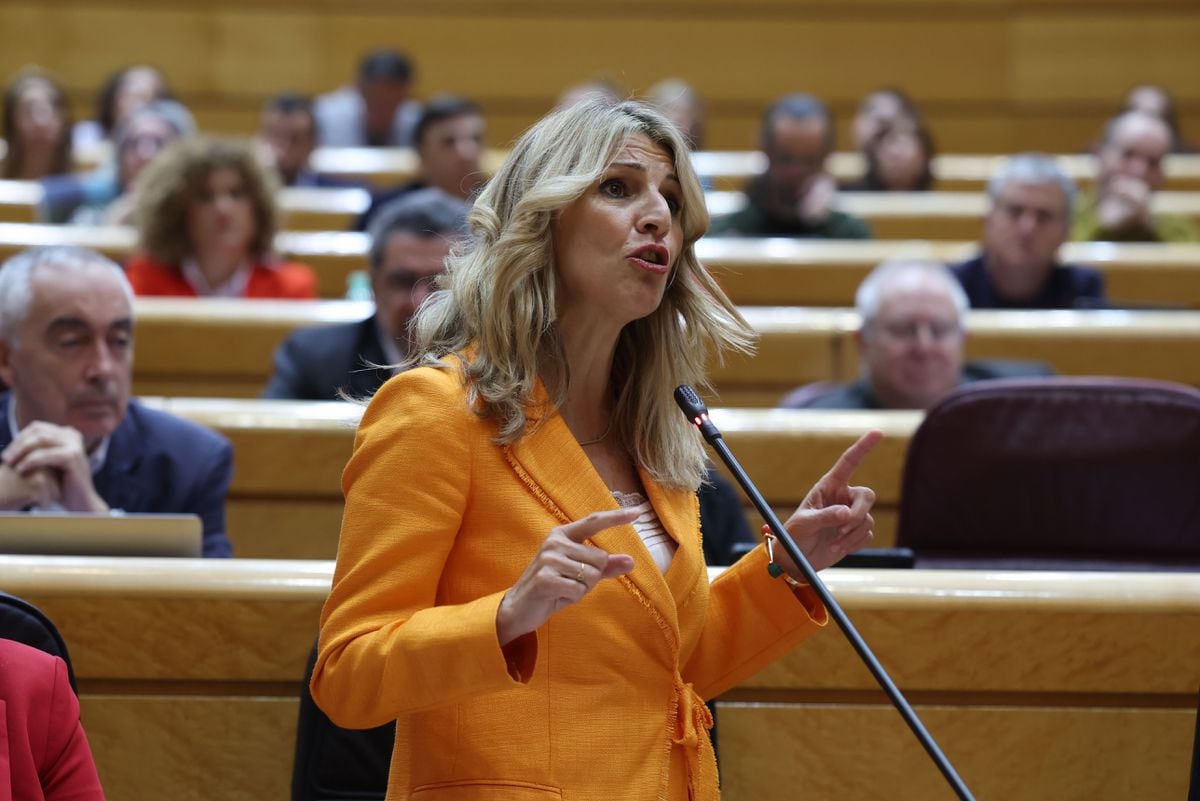The “Macron bonus” has been hailed as the savior of the political life of the French President. Originally established during the Yellow Vest crisis as an “exceptional purchasing power bonus,” it was later renamed the “value sharing bonus” (PPV) during the Covid-19 pandemic. Under the Renaissance program, companies can pay a “Macron bonus” of up to 10,000 euros without social security contributions, but with taxes and social charges still applicable.
However, concerns have been raised about the impact on formal salary increases and retirement contributions due to these bonus exemptions. The Court of Auditors has expressed worries about the Social Security deficit resulting from these bonuses. Meanwhile, the New Popular Front aims to increase the minimum wage, which has faced opposition from the presidential party due to potential job losses.
The Renaissance program also includes an exemption for first-time homebuyers from paying notary fees for housing purchases up to 250,000 euros. This measure is expected to benefit a million young individuals from working and middle-class backgrounds. However, there may be a financial impact on municipalities and departments that collect these fees, which will allegedly be compensated for.
Overall, the Renaissance program presents a range of proposals aimed at addressing economic disparities and providing relief to certain groups. The effectiveness and implications of these proposals remain uncertain as the political landscape continues to evolve.


:max_bytes(150000):strip_icc()/GettyImages-1760543503-021fce712cf74f2eb4551d06890e5b81.jpg)
